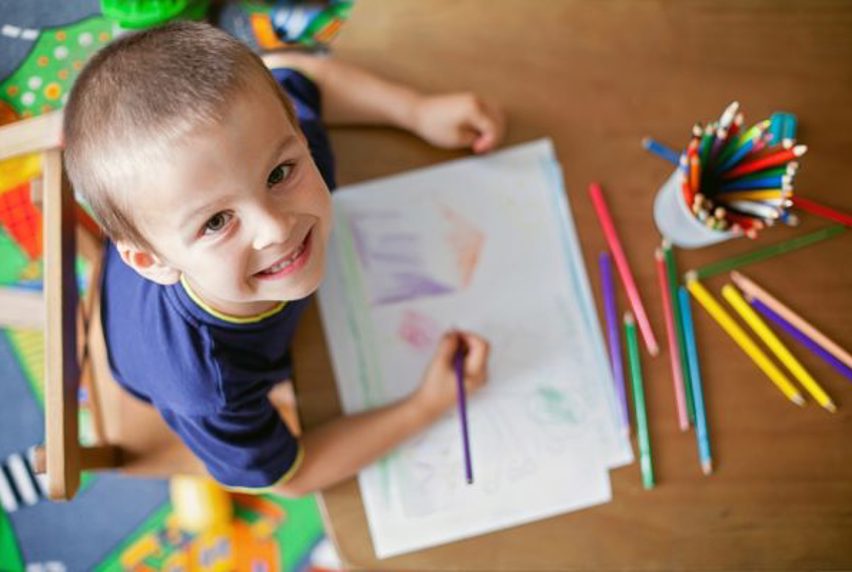Early childhood courses for our future educators

Cuddling babies, hanging out with toddlers and playing games with small children sure sounds like a fun way to make a living. And it is, but a career in early childhood education and care is so much more than that.
It’s caring for the youngest members of our community, our most precious asset and helping to build an educated society.
Students in Melbourne Polytechnic’s Certificate III and Diploma courses in Early Childhood Education and Care learn how to incorporate the fun and joy of being around little people, with the knowledge and skills required to give them the best start in life.
Teacher Sabrina Ariza tells students that they have ‘a lot of responsibility because it’s someone’s life, it’s someone developing, it’s more than playing - you have a big responsibility educating them’.
‘You're influencing someone’s life, you're educating someone, it’s rewarding when students see they are making a change, the interactions they can have with children, they know that they can influence a small persons development.
‘It’s hard work, and it’s very rewarding.’
Students start that hard work early, beginning their first block to make up the required 210 hours of placement in childcare facilities early in their studies.
Real life experience
They gain their work experience at two different centres, covering a variety of shifts in 7.5 hour days, just like a typical workday for a qualified educator. They are armed with a taskbook and a logbook, which state the tasks they need to perform and skills they need to be able to demonstrate. There are also theory aspects, and questions about the philosophy of a centre, policies around child safety, and checklists.
Sabrina says: ‘It’s easy for them to put in practice what they are gaining, then come back to the classroom to discuss what they are experiencing.
‘They are students, but they need to be doing exactly the tasks like everybody else.’
A typical day in a childcare centre sees the educators doing some early morning checks before the children arrive. They then welcome the children as they arrive, greet the families, sign them in on paper or electronically and confirm who is going to pick up the child.
Some centres offer breakfast, which has a series of food handling policies and procedures to be followed, some centres have indoor / outdoor areas and the children can choose where to play.
Most centres have routines that include morning tea, lunch and afternoon tea, so student educators need to be clear on the rules, particularly around special food requirements, allergies and hygiene, as well as the centre’s philosophy around mealtimes.
Full spectrum learning
Sabrina says working in the babies’ room sees students learning routines, policies and procedures around nappy change, interaction, naps and quiet time.
And in the toddlers’ room students are practising interacting with children, playing with them and scaffolding their learning, which means that if you notice a child has a certain skill, you need to think about how you can extend on that and what resources may help.
All this is guided by the Early Years Learning Framework (Belonging Being and Becoming) and students put into practice how to link observations and activities to the framework.
Sabrina says many students find employment from their placement experience.
‘I tell students if you are attentive, if you really put in the effort you can get a job straight away, they can hire you as a casual after you finish your certificate, it happens most of the time.’
Fortifying the future
Sabrina is very passionate about her industry. She says society values early childhood educators for what they do for our children.
‘If we educate them and include values and help them with their development, we can have a better society,’ she says.
‘Children go more than two or three days a week, that’s a lot of hours they spend with you. You are an important person in their life, you are part of their development, you influence how the child perceives life.’